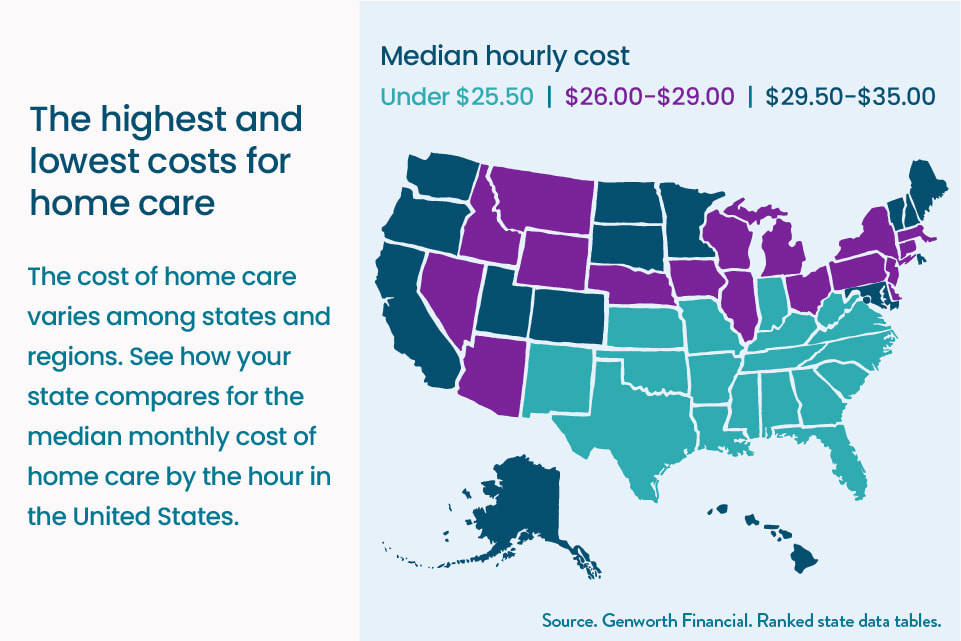
It is easy to test for chlamydia, a sexually-transmitted infection. If your test is positive, you need to see your healthcare provider immediately for treatment. Tests are important, as they can lead to serious problems in the future if untreated.
The chlamydia test can be done at your doctor's office or in a lab. The test usually involves a urine or secretion sample from the penis, anus or vagina.
There are many different chlamydia test types, but they all search for the same bacteria which causes this STI. Some testing is based on a bacterium’s DNA while other types use antibodies to detect bacteria.
If your symptoms are present or you think you may be suffering from chlamydia then you will receive a chlamydia diagnose test. These tests can tell you if you have chlamydia and if your doctor thinks you should take antibiotics.

Self-testing is possible at home. However, your doctor will likely recommend an official test. The healthcare provider can also provide you with information on how to collect the sample for testing and what results will mean.
Screening procedure
Depending on your age and where you live, chlamydia screening can be offered to you through your doctor's office or your local public health clinic. Most people should get screened for Chlamydia regularly, especially women who are sexually active under the age of 25 and pregnant woman. Your gynecologist can screen you for chlamydia at a routine checkup.
Your doctor or a nurse will ask you to urinate in a clean cup. The urine will be collected and sent to a lab for testing. The results usually come back within 7 days.
The CDC advises that all sexually able adults get screened for chlamydia once a yea, even if there are no symptoms or if your partner doesn't have the infection. If you have HIV, don't use condoms, have a history other sex infections, or are part of a high risk group, then your chances of contracting the disease will be increased.
If you have a history of chlamydia and your treatment works, you should retest about 3 months after you start taking your antibiotics. You should refrain from sexual activity during the course of treatment to help avoid the spread of infection.

How to do a chlamydia test male
If your healthcare provider suggests a chlamydia-swab testing for men, he will insert a thin swab inside your penis to collect urine or secretions. If you want to get a reliable sample, make sure to follow the instructions of your healthcare provider.
Your doctor may prescribe antibiotics to you if your chlamydia test is positive. You'll also be instructed by your doctor on how you should use the medication and how often. It is very important to follow your doctor's instructions and take all of the medication as prescribed to cure your chlamydia.
FAQ
What are medical systems and what do they mean?
Medical systems have been designed to improve the quality of life and make it easier for patients to live longer and better lives. They make sure that patients receive the best possible care whenever they require it.
They ensure that the appropriate treatment is given at a timely manner. They provide doctors with the necessary information to help them give the best possible advice about the treatment that would be most effective for each patient.
What is a healthy system?
Health systems encompass all aspects of care, from prevention to rehabilitation and everything in between. It includes hospitals, pharmacies and community services.
Complex adaptive systems make up the health system. They are complex adaptive systems with emergent features that cannot always be predicted by looking at each component.
Complex health systems can be difficult to comprehend and manage due to their complexity. This is where creativity steps in.
Creativity can help us solve problems that we don’t have the answers to. Our imaginations allow us to come up with new ideas and ways to improve the world.
People who think creatively are essential for health systems because they are always changing.
Thinkers who are creative can change the way the health system works for the better.
What are the most critical issues that public health faces today?
Many people have problems with obesity, diabetes, heart disease and cancer. These conditions account for more deaths annually than AIDS and car crashes combined. A poor diet, lack exercise, and smoking can all lead to high blood pressure as well as stroke, asthma and other health problems.
What is an infectious disease?
A germ, virus, or parasite can cause an infectious disease. Infectious disease spreads quickly when people come in close proximity. You can get measles or mumps, rubella (German whooping cough), pertussis/whooping chives, rubella ("German measles"), measles), pertussis ("whooping cough"), rubella ("German measles"), chickenpox), strep thyme), hepatitis A/B, HIV/AIDS), herpes simplex viruses, syphilis, gonorrhea and chlamydia
Statistics
- Consuming over 10 percent of [3] (en.wikipedia.org)
- Foreign investment in hospitals—up to 70% ownership- has been encouraged as an incentive for privatization. (en.wikipedia.org)
- For instance, Chinese hospital charges tend toward 50% for drugs, another major percentage for equipment, and a small percentage for healthcare professional fees. (en.wikipedia.org)
- For the most part, that's true—over 80 percent of patients are over the age of 65. (rasmussen.edu)
- Healthcare Occupations PRINTER-FRIENDLY Employment in healthcare occupations is projected to grow 16 percent from 2020 to 2030, much faster than the average for all occupations, adding about 2.6 million new jobs. (bls.gov)
External Links
How To
How to find home care facilities
Home care facilities assist people who require help at home. Home care facilities are available for elderly and disabled persons, as well as those with chronic diseases such Alzheimer's. These facilities provide services like personal hygiene, meal preparations, laundry, cleaning and medication reminders. They also offer transportation. These facilities often collaborate closely with social workers, rehabilitation specialists, and medical professionals.
Recommendations from family, friends, and local businesses or reviews online are the best ways to find a home-care service provider. Once you identify one or two providers, you can ask them about their qualifications and experience. You should look for a provider that offers flexible hours so that they can accommodate your schedule. Also, make sure they offer emergency assistance 24/7.
It might be worth asking your doctor/nurse for referrals. If you don’t know where to begin, search online for “home health care” or “nursing home”. You could, for example, use websites such Angie's List HealthGrades or Yelp.
For additional information, contact your local Area Agency on Aging/Visiting Nurse Service Association (VNA). These organizations will keep a list of local agencies who specialize in home care.
Many home care agencies charge high rates for their services. This makes it important to find the right agency. Some agencies may charge 100% of a patient’s income. Avoid this problem by selecting an agency that has been highly reviewed by the Better Business Bureau. Ask for references from clients who have used your agency before.
Some states require home-care agencies to register with their state's Department of Social Services. To find out what registration requirements your agency must meet, check with your local government office.
There are many things you need to remember when selecting a Home Care Agency:
-
Be cautious of companies that require you to pay upfront in order to receive services.
-
Look for a reputable and well-established business.
-
Particularly if you pay out-of-pocket, be sure to get proof of insurance.
-
Check that your state licenses the agency you are about to hire.
-
Ask for a written contract detailing all costs involved in hiring the agency.
-
Confirm that the agency provides follow-up visits after discharge.
-
Ask for a list if credentials and certifications.
-
You should not sign anything without thoroughly reading it.
-
Take the time to read all fine print.
-
Make sure the agency has insurance and is bonded.
-
Ask how many years the agency has been in business.
-
Verify the license of the State Department of Social Welfare for the agency.
-
Find out if complaints have been filed against the agency.
-
For information on home care agencies, contact your local government department.
-
Check that the answering service is certified to answer questions regarding home care.
-
Talk to your accountant or attorney about the tax implications for home care.
-
Always get at least three bids for each home care agency you contact.
-
The lowest bid is the best but you should not settle for $30 an hour.
-
Remember that you may need to pay more than one visit to a home care agency daily.
-
Take the time to read all terms and conditions before signing any contract.